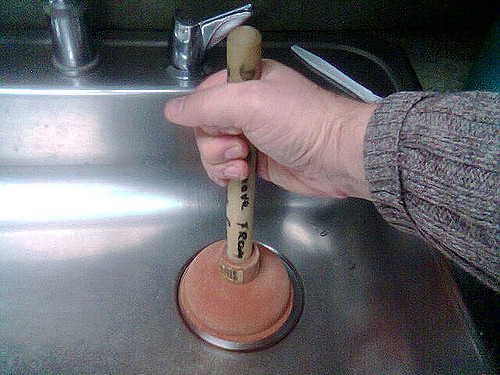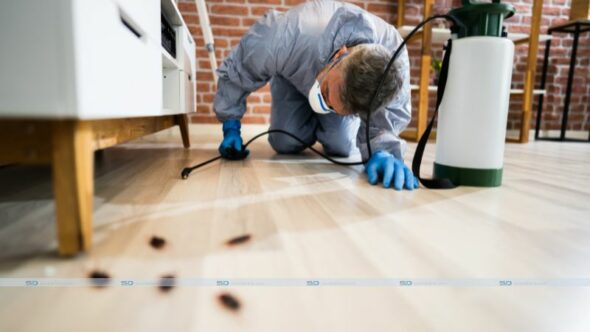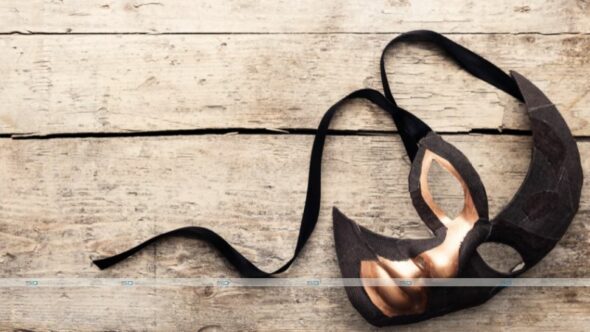Fighting with stopped or blocked drains is frustrating. Pouring chemical-laden drain cleaner down it to release the backed up water is dangerous. It is advised to let a drain cleaning company that is an expert in residential drain cleaning services take care of it or better yet, avoid drain stoppage before it starts and how you do so isn’t as complicated as it might seem. Do you remember when your mom used to holler at you not to stuff everything down the drain? She was right. Common sense and a few plumbing supplies will keep the water flowing in your house, barring any unforeseen plumbing issue but sometimes it’s in your best interest to hire a professional plumber or a drain cleaning service rather than doing the work yourself.
1. Dispose of Oil Properly
One big mistake many people make is to dump their cooking oils down the drain while they do the dishes. This is a huge no-no. Oil builds up inside your sink’s plumbing and then other debris sticks to it. This is the perfect recipe for a plumbing clog, and again, using chemical drain cleaners is not healthy for you or your family. Take your old cooking oil, butter, and other fats and dump them into a container. Many people use empty coffee cans, food jars, or milk cartons. Then wipe out the greasy dishes with a paper towel before you wash them. Toss all oil containers and paper towels in the trash. Keep the grease out of the kitchen sink to prevent clogged drains.
2. Dispose of Food Properly, Too
You might think that the garbage disposal is there to handle all uneaten food and cooking waste, but it isn’t. People clog their drains in no time by misusing the garbage disposal. It cannot properly grind potato peels, coffee grounds, eggshells, and other cooking waste contrary to popular belief. Many of these things can be added to a compost pile, which is a fantastic way to dispose of them. What can’t be safely composted should be disposed of in the garbage. Your kitchen sink’s garbage disposal is there in case of emergency – to catch unintentional waste that ends up down the drain. Use your kitchen garbage can for food waste.
3. Use Drain Screens
Finally, follow the plumber Sydney contractors advice and use drain screens to prevent clogs of unwanted food, hair, and other debris from getting into your drains in the first place. Without these screens, it would be a lot tougher. Determine which screen size you will need for each drain in your house, including your bathroom, kitchen, and laundry room drains, your shower and tub drains, and your appliance and HVAC drains. Head to your local hardware store to get the screens you need; they aren’t expensive. Then drop them in the drains when you get home. Dispose of all debris collected in the screens regularly. You’ll be surprised how much crud these screens catch. In fact, you’ll be surprised your drains didn’t clog more often prior to using the screens. Western Rooter, an Arcadia-based plumber, also talks about how to unclog a bathroom sink drain.
Follow these three tips to keep the water flowing through your drains and out of your home. Household drains are only meant to remove water. They are not there to dispose of waste, as well. You can also reduce plumbing buildup and odors by cleaning the drains regularly. Use a natural solution of baking soda, salt, and white vinegar to keep everything flowing free and fresh. Lemon juice also works as an excellent drain deodorizer. Whatever you do to clean your drains, make certain it is safe and won’t harm your household or your local water supply.








